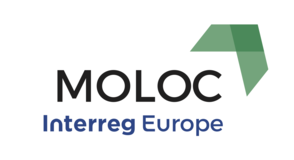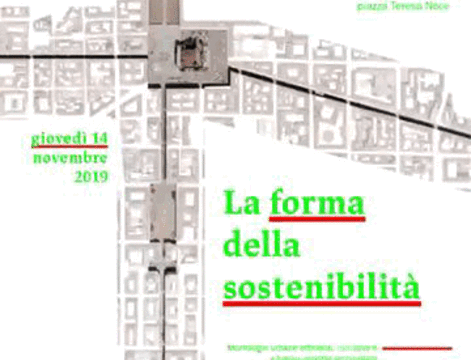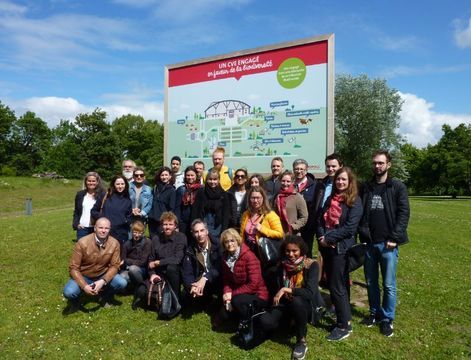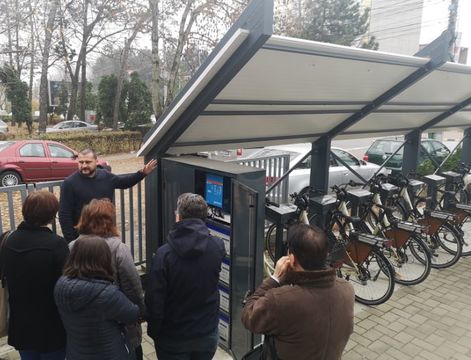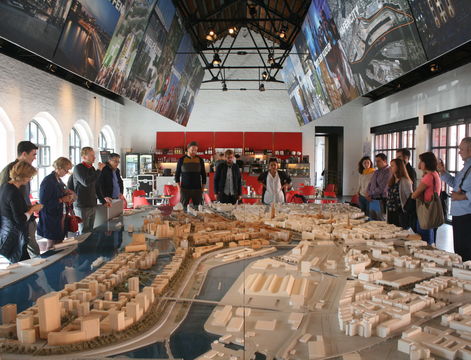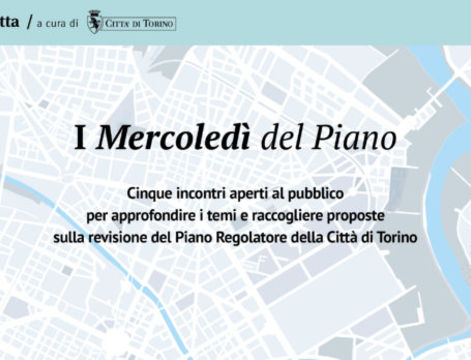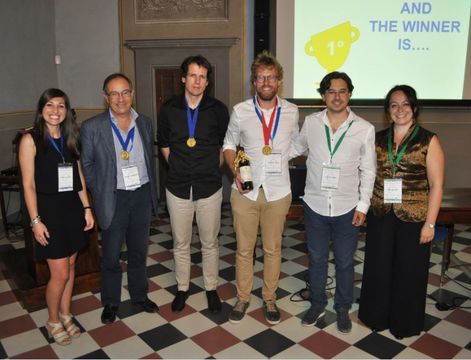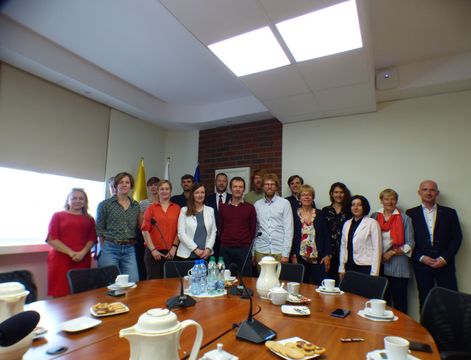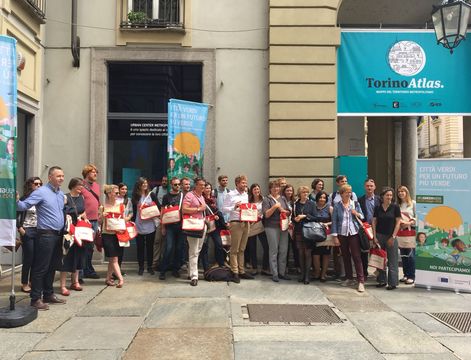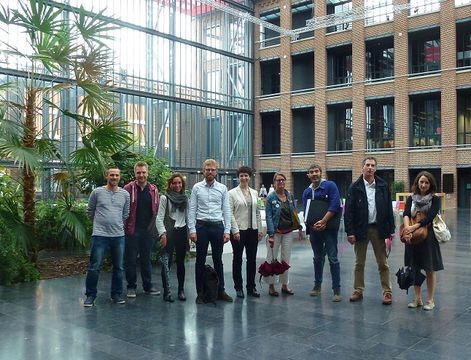From May 27 to May 29, the last study visit organised within the MOLOC project by the City of Lille, lead partner, was quite a highlight for everybody. More than 78 persons from more twenty organisation joined the event.
Mr Stanislas Dendievel, Deputy Mayor delegated to Urban Planning, opened the 3 days-event. Mr Dendievel gave insights on Lille's strategy to fight climate change and promote social justice. Details on the city's pro-active policy for social mix in housing, large cultural events for all through Lille3000 organisation, and direct democracy throuh participative budget were given to the participants. Mr Dendievel also explained the city choice to promote density in the urban space while bringing nature in the city and renovating poor energetic house.
This first morning conference saw all MOLOC partner cities explain the following projects:
- Torino: the integration of energy transition and environmental protection issues into the new metropolitan master plan
- Katowice: actions against air pollution in the Silesia Region
- Suceava: electric public transport system development
- Hamburg: Wilhemsburg climate protection plan and link with the green strategy 2030
Mrs Marie-Pierre Bresson, Deputy Mayor for International and European Cooperation - Tourism, pilot of MOLOC project, concluded the morning by presenting the Lille Climate Solidarity Fund. It is an online calculator and serve as compensation fund for municipal travels.
The two other days of the study visits were dedicated to visiting the following projects:
- Fives-Cail urban project: an example of eco-urban renewal project
- Inhabit 2030 victory to Solar Decathlon 2019
- Boris Vian urban renewal project managed by the Neigborhood Factory
- Visit of the passive social building managed by PARTNEORD inside the “Bois Habité” (Lived wood) district
- Saint-Sauveur energy scenario in the 25 ha urban project to be developed
- Lille European Metropolis "urban heat highway": recovery of heat to power urban heat network
- Live Tree project by Lille Catholic University and Rizomm building visit: smart grid at islet scale
A joint debriefing highlighted the following points to keep in mind:
-The holistic approach to urban projects: taking into account land, heritage, social, economic, environmental, demographic and other aspects in a global guide plan;
- The involvement of many public and private stakeholders in the design phase.;
- The mobilization of experts on the different themes at stake.;
- The mix distribution of housing, equipment and shops that they consider appropriate;
- The importance given to social housing and/or more vulnerable populations
- Citizen participation
- Quality of urban temporary use
- Control of land consumption
